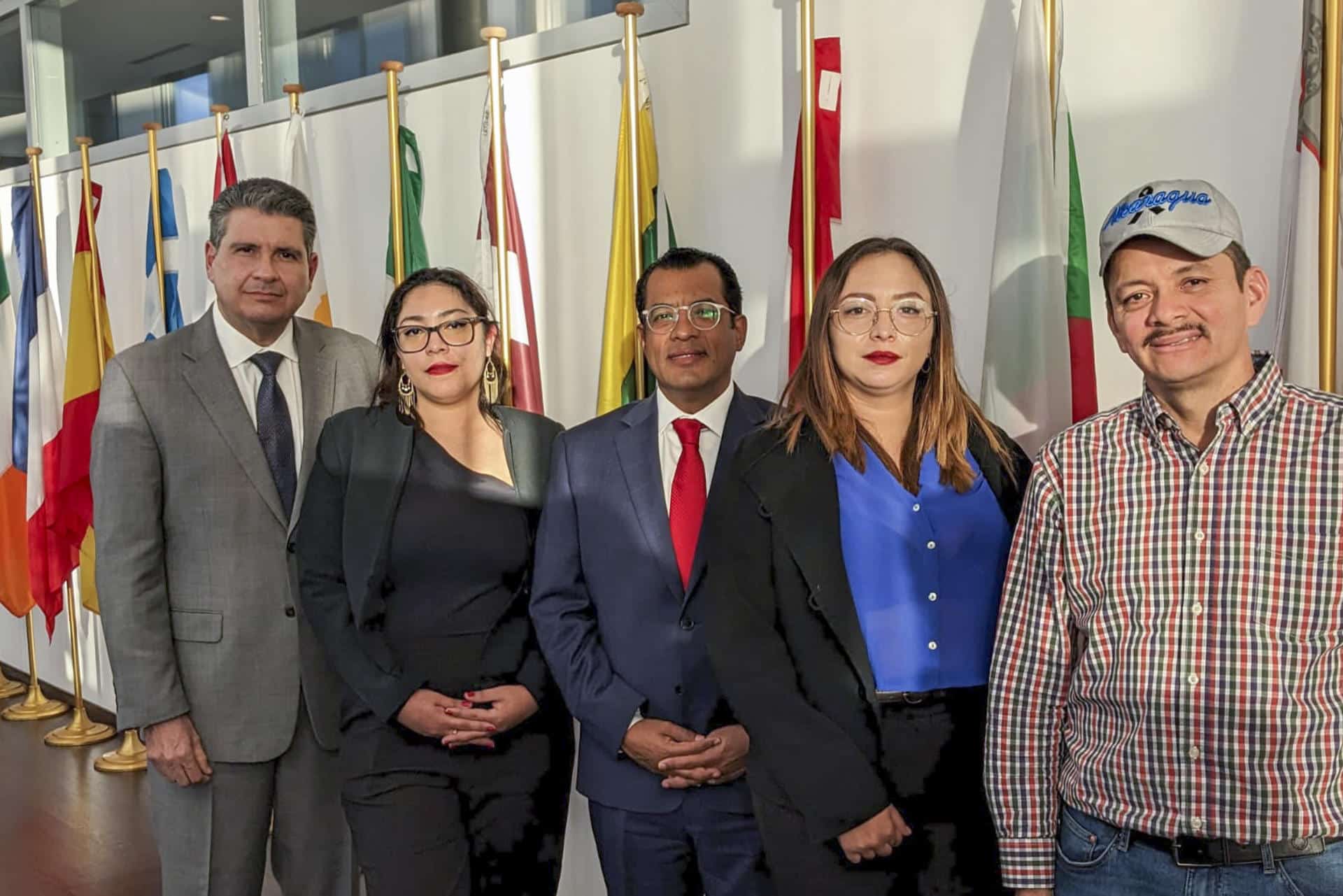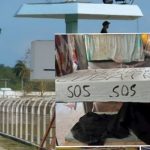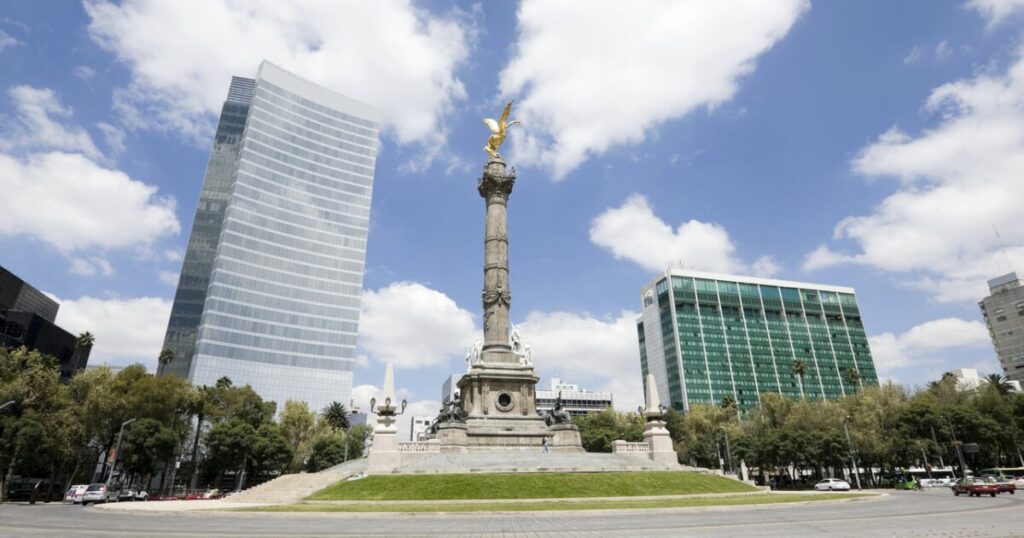A representation of the 222 political prisoners released a month ago and expelled by Daniel Ortega to the United States traveled to Geneva on Monday to denounce, before various United Nations ambassadors and diplomats, the attacks on human rights by the Nicaraguan regime.
Despite the fact that they do not have a passport because Ortega stripped them of their nationality, three of the 222 prisoners were able to travel with a special permit granted by the United States government, said former presidential candidate Félix Maradiaga.
He has been part of the group that has traveled, along with fellow candidates Juan Sebastián Chamorro and Medardo Mairena. In addition, the political prisoner released in 2019 Yaritza Mairena and the human rights defender Solange Centeno.
On February 9, by unilateral decision, Ortega released the 222 inmates from prison and sent them on a plane to the United States, withdrawing their nationality.
Through a statement sent by the Foundation for the Freedom of Nicaragua, created by Chamorro, the delegation of ex-prisoners reported that in Geneva they met with ambassadors and diplomats from European delegations accredited to the United Nations office.
The meetings were held at the European Union delegation, “in the framework of the sessions of the UN Human Rights Council, and parallel meetings of other organizations based in that European city.”
The mission will remain until March 18 and meetings are scheduled with various human rights organizations and official missions.
All this with the aim of advocating for the extension of the mandate of the Group of Experts on Human Rights on Nicaragua (GHREN), promote new diplomatic measures against the Ortega regime and press for the release of the 37 political prisoners who are still detained.
Thus, Mairena explained the serious human violations committed against peasants and indigenous communities, while Chamorro spoke about the institutional deterioration, the violation of due process, and the violations of the Nicaraguan electoral process.
Maradiaga, for his part, called on the international community to do “everything legally within its power to achieve the release of Monsignor Rolando Álvarez and the other political prisoners” who are still imprisoned in various Nicaraguan prisons.
Organizations must keep pressing
Simultaneously, the members of the GHREN raised —in a conversation with civil society organizations— that the challenges in light of the report on the serious violations of human rights in Nicaragua, presented last week before the UN Human Rights Council , is that the international community initiate criminal cases against the Nicaraguan regime.
Jan-Michael Simon, president of the Group of Experts, explained that this report is “a tool” that can be used by civil society to establish complaints about specific causes, which could be “more effective” than the complaint for crimes against lesa. humanity that has already been brought before the Argentine courts.
Along the same lines, Wendy Flores, a lawyer from the human rights group Nicaragua Nunca Más, said that the path to follow, beginning with the 52nd session of the UN Human Rights Council, is to send the report to the countries who have citizens with dual nationality, including Nicaraguan, and who were victims of violations of their human rights in Nicaragua, so that they investigate these cases in their judicial systems.

















